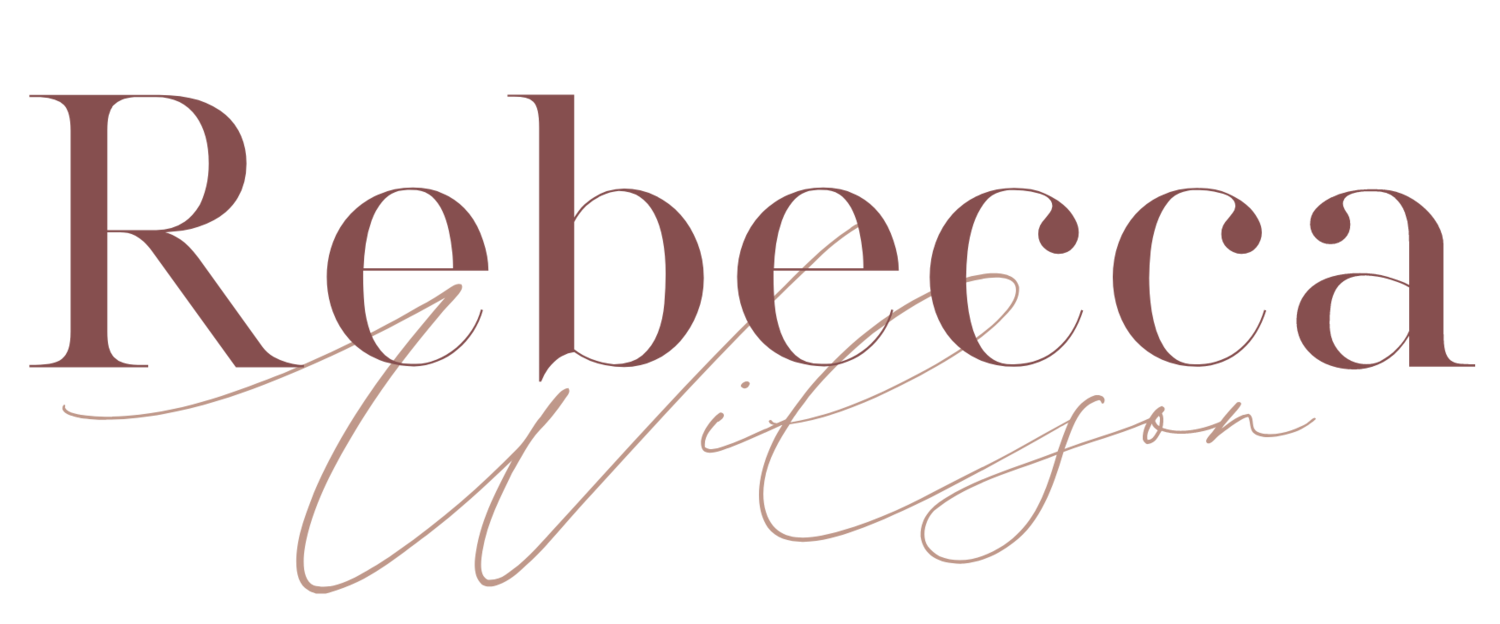The Calcified Woman
When enduring stressful experiences the body moves through a cascade of physiological responses to better support the whole system whilst in the face of stress.
One of these responses is the rate at which the body uses up magnesium to defend and support stressors in the system. Over time - especially if the stress continues, dysregulation extends and the body becomes stuck in fight, flight, freeze, fawn, the body then becomes continually depleted from magnesium.
Being stuck in a dysregulated state for a while after the incident of stress becomes another stress for our physiology to deal with and process. The body will make adaptations to cope. The body is wise and always seeking to find some balance.
Being stuck in a state of survival results in continuous depletion of magnesium levels.
This particular mineral pattern often leaves the system imbalanced in magnesium and calcium- as they are in inverse relationship together.
When stress impacts the body, it triggers a response that rapidly depletes magnesium levels. As a result, the body becomes imbalanced in magnesium, prompting it to draw upon its counterpart = calcium.
In this process, the body temporarily substitutes calcium by leaching it from the bones and teeth. However, calcium is unable to perform the functions of magnesium within the body. Consequently, it undergoes calcification or hardening within the body.
Let me break this down for you:
The body is in high levels of stress.
It burns through magnesium at a high rate.
Calcium leaves its place to try to function for the loss of magnesium.
The calcium then accumulates within the body, unable to fulfill the role of magnesium within the cells, resulting in calcification of various organs such as the thyroid, muscles, ligaments, arteries, blood vessels, and veins.
Subsequently, it becomes unable to replenish magnesium and perform its essential functions, consequently leading to calcification within the body.
Calcification is a buildup of calcium in body tissue.
This is one of the things I see in my client’s Hair Mineral Tissue Analysis results are very high levels of calcium in the body.
Levels higher and/or imbalanced with other essential minerals such as Magnesium, Potassium and Sodium can lead to the manifestation of a calcium shell.
This is also often found when there has been long-standing chronic stress on the body. This includes emotional stress, physical stress, alcohol, poor diet and nutrition, skipping meals as well as traumatic experiences that the body hasn’t had the opportunity to recover from.
The calcium shell can manifest in the body physically as:
Muscle Tension: Emotional stress or guardedness can lead to increased muscle tension or stiffness, especially in areas like the shoulders, neck, or back, as the body responds to emotional stressors.
Physical Discomfort: Emotional tension or guardedness can contribute to physical discomfort, headaches, or even digestive issues as the body responds to stress.
Hormonal Impact: Prolonged emotional stress or a guarded emotional state can affect hormone levels, potentially impacting sleep patterns, appetite, and overall energy levels.
Immune Function: Chronic stress resulting from emotional barriers may weaken the immune system, making individuals more susceptible to illnesses or affecting the body's ability to heal.
Posture and Body Language: Individuals with an emotional guard might exhibit closed-off body language, such as crossed arms, limited eye contact, or tense posture, conveying a sense of defensiveness or reservation.
The calcium shell is also a term used to describe a metaphorical concept related to emotional protection or defensive behaviors adopted by individuals in response to emotional vulnerability or past trauma.
In experiences of stress, some people develop emotional barriers or shields as a defense mechanism to shield themselves from emotional pain, hurt, or vulnerability.
This shield or shell can manifest as emotional guardedness, detachment, or a reluctance to let others get too close.
The concept highlights how individuals may develop these protective mechanisms as a response to challenging or painful experiences, but these defenses can also inhibit genuine emotional connections and personal growth, and how this can manifest on an emotional, physical and mineral level in the body.
The term "calcium shell" specifically in the context of women often refers to the emotional barriers or protective mechanisms that women might develop from stressful, painful or traumatic experiences
These protective shells can be a stress response and how that impacts the body at a mineral level.
For women, the calcium shell might manifest as:
Emotional Guardedness: Women might develop a guarded approach to emotions, keeping feelings hidden or restrained
Over-Accommodation: women may over-accommodate others' needs and emotions while neglecting their own, creating a protective barrier to prevent vulnerability.
Fear of Vulnerability: past experiences might lead women to avoid showing vulnerability or emotional fragility
Self-Sufficiency: Some women might develop a strong sense of self-sufficiency or independence as a protective mechanism, avoiding reliance on others for support or emotional connection.
The calcium shell in women highlights the various ways they might have developed emotional defenses, often as a response to societal pressures, gender roles, or past experiences.
While these defenses may serve as protective measures, they can also hinder genuine emotional connections and self-expression, and hinder personal growth if they become too rigid or impenetrable.
Restoring balance within the mineral networks of the body begins to allow the body to begin to Decalcify. This can be a sense of cracking open or a barrier coming down as a deep connection to the soft tenderness within emerges
Working through these emotional barriers through somatic awareness, embodiment, healing, cultivating safety with, and re mineralisation of your system is essential for fostering emotional well-being and creating healthier patterns of emotional expression and connection.
with love,
Rebecca x
